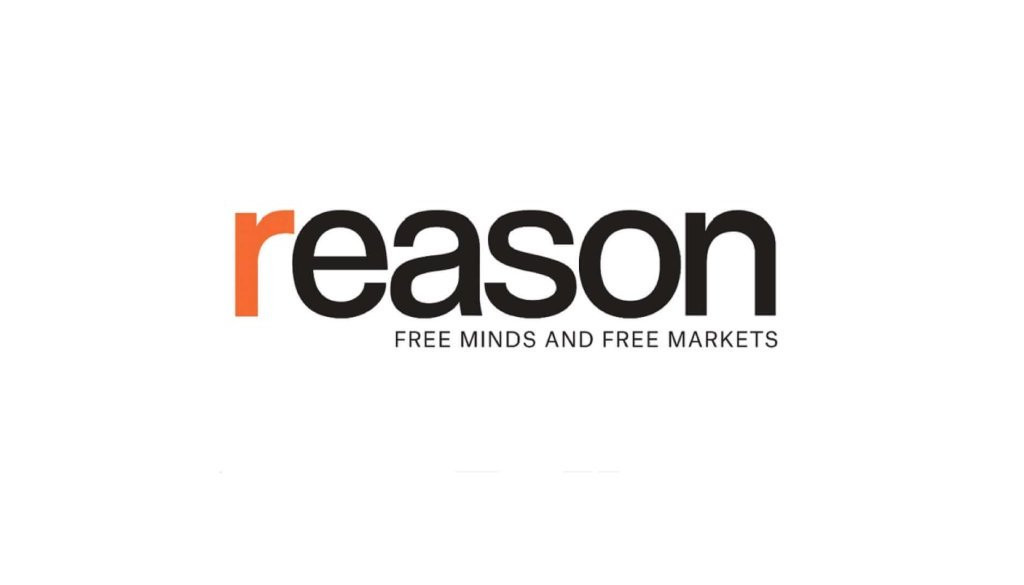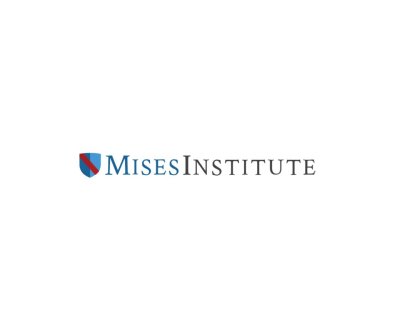Defending the Court of International Trade Ruling Against Trump’s Tariffs—A Reply to John Yoo
In a previous post, I responded to Prof. Jack Goldsmith’s critique of the recent US Court of International Trade decision striking down Donald Trump’s massive “Liberation Day” tariffs in a case brought by the Liberty Justice Center and myself. In this one, I respond to a critique by UC Berkelely law Prof. John Yoo. Like Goldsmith’s argument’s, Yoo’s fall short—and for some of the same reasons.
Like Goldsmith, Yoo doesn’t actually conclude that the CIT got the result wrong, but instead has various reservations about its reasoning. Indeed, he seems to agree that the court reached the right result, merely disagreeing with the way it got there.
Yoo acknowledges that “the trade deficit does not amount to an actual national emergency and that tariffs make no economic sense.” If there is no actual national emergency, then the president cannot use the International Emergency Economic Powers Act (“IEEPA”) at all, much less start what Yoo describes as an “unprecedented trade war.” IEEPA states that the law can only be invoked if the president declares a “national emergency” with respect to an “unusual and extraordinary threat, which has its source in whole or substantial part outside the United States, to the national security, foreign policy, or economy of the United States.” No emergency, no tariffs!
Yoo also recognizes that the CIT “could have agreed to reject the tariffs on the straightforward ground that the trade deficit does not qualify as ‘an unusual and extraordinary threat’ to the national security, foreign policy, or economy of the United States, as required by IEEPA.” I agree again! And, as I noted in my response to Goldsmith, the CIT in fact did emphasize that these IEEPA requirements “impose meaningful limits on any such authority it confers,” and therefore rejected the Administration’s claim that the statute authorizes unlimited presidential discretion to impose tariffs. Only such unlimited discretionary power could possibly justify the “Liberation Day” tariffs, as Yoo himself recognizes when he concedes that trade deficits aren’t actually an emergency or an “an unusual and extraordinary threat.”
It is extremely telling that Yoo believes Trump was wrong to declare an emergency here and to label trade deficits “an unusual and extraordinary threat.” And he apparently rejects the administration’s argument that these are “political questions” exempt from judicial review. If academia’s leading advocate of sweeping executive power over foreign affairs thinks an invocation of emergency powers goes too far, that’s a strong sign it’s illegal!
Yoo complains that the CIT wrongly relied on the “major questions doctrine,” which which requires Congress to “speak clearly” when authorizing the executive to make “decisions of vast economic and political significance.” He argues that “[m]ajor questions orders courts to stop the executive branch from seizing broad economic, po
Article from Reason.com

The Reason Magazine website is a go-to destination for libertarians seeking cogent analysis, investigative reporting, and thought-provoking commentary. Championing the principles of individual freedom, limited government, and free markets, the site offers a diverse range of articles, videos, and podcasts that challenge conventional wisdom and advocate for libertarian solutions. Whether you’re interested in politics, culture, or technology, Reason provides a unique lens that prioritizes liberty and rational discourse. It’s an essential resource for those who value critical thinking and nuanced debate in the pursuit of a freer society.




